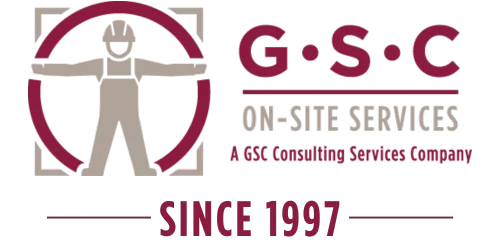The Life with Justin Stephens Blog

Must-Have Tools for New House Managers and Side Hustlers: Resources to Streamline Your Services
Hey, Life with Justin Stephens community! Justin here, and after Lisa Thompson's inspiring Point of View yesterday on scaling home services into a business—and my own start in house management for my parents—today's Resources post is all about the essential tools to make it happen. Whether you're organizing sheds, tackling yard work, or managing full-home tasks, these apps and gadgets can save time, boost efficiency, and help you deliver top-notch value to clients. As I gear up to find more clients and document the process, I've been testing some of these myself. If you're launching a side hustle in home services, these will help you stay organized, track finances, and grow sustainably. Let's break down my top picks for 2025, drawn from expert recommendations and real-user reviews.
Why These Tools Matter for House Managers
Starting or scaling a house management business means juggling tasks, clients, and your own life balance. The right tools automate the mundane, track expenses (key for personal finance), and free you for hands-on work. They tie into our themes of entrepreneurial growth and resilience—think less admin, more client wins. Post my car transition, I'm using similar ones to manage my schedule without burnout. Aim for tools that integrate (e.g., via APIs) and offer mobile access for on-the-go pros.
1. Jobber – Best for Service Scheduling and Invoicing
Jobber is a all-in-one platform for home service pros, handling client scheduling, quotes, invoicing, and payments. In 2025, its AI routing optimizes job routes for yard work or multi-home days, saving gas and time. Track expenses like tools or supplies for tax-ready reports. Pricing: Starts at $49/month. Ideal for scaling—Lisa mentioned retainers; Jobber automates them seamlessly.
2. QuickBooks Self-Employed – Best for Financial Tracking and Tax Prep
For side hustlers, QuickBooks tracks mileage, expenses (e.g., gardening supplies), and income, categorizing everything for easy tax filing. 2025 features include AI receipt scanning via app. Integrates with banks for real-time insights. Pricing: $15/month. Crucial for profitability—monitor costs as you add clients without drowning in spreadsheets.
3. Trello or Asana – Best for Task Management and Client Projects
Trello (free basic) uses visual boards to organize jobs: Create cards for "Shed Organization" with checklists, due dates, and attachments (before/after photos). Asana (free for small teams) adds time tracking for billing hours. Both mobile-friendly for field updates. Great for delegation as you grow, like hiring help for yard tasks.
4. MileIQ – Best for Mileage Tracking
If your hustle involves driving between clients, MileIQ auto-tracks miles via GPS, classifying trips as business/personal for tax deductions. 2025 updates include integration with invoicing apps. Free for 40 drives/month; Unlimited at $5.99/month. Saves money long-term—key after my car total!
5. Canva – Best for Marketing Your Services
Create pro flyers, social posts, or portfolios with Canva's templates (e.g., "Home Organization Before/After"). Free basic; Pro at $12.99/month for advanced features. Low-budget marketing win: Share on Nextdoor or Facebook to attract clients, as Lisa suggested.
6. SafetyCulture (iAuditor) – Best for Checklists and Safety
Build custom checklists for tasks like yard safety or home audits. Free for basics; Premium at $19/user/month. Ensures quality service and protects your business liability—essential for manual labor roles.
Honorable Mentions
Google Workspace: Free email/scheduling for pro communication.
Home Depot App: For quick supply ordering and deals on tools.
Start with free tiers, scale as you add clients, and always prioritize data security. These tools can turn your side hustle into a thriving operation, aligning with finance smarts and work-life balance.
Why This Fits Your Journey
From my journal transitions to Lisa's scaling story, these resources empower practical growth—helping you monetize skills while keeping life in check.
Call to Action: Subscribe at justindcstephens.com for daily tools and tips.
Which one will you try for your hustle? Comment below!
P.S. Tomorrow, a Great Causes post spotlighting a nonprofit aiding side hustlers in underserved communities. Stay tuned!
To your success,
Justin Stephens













